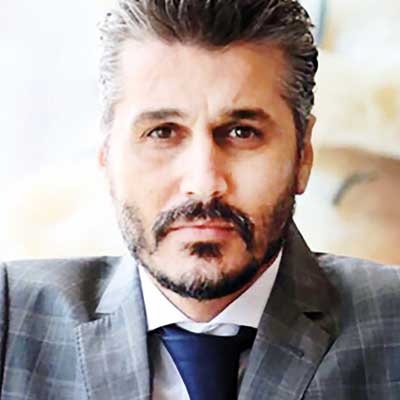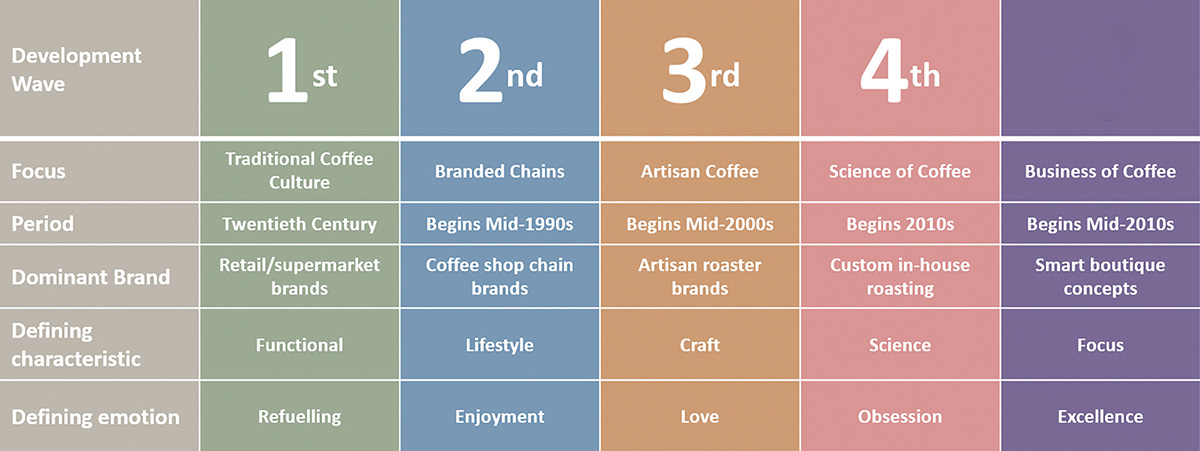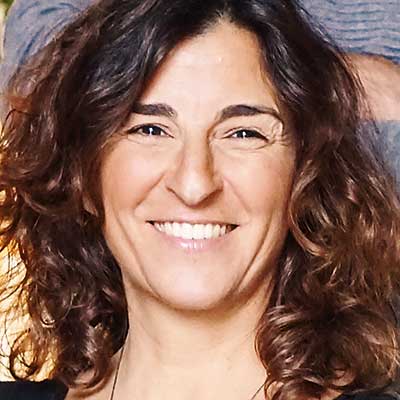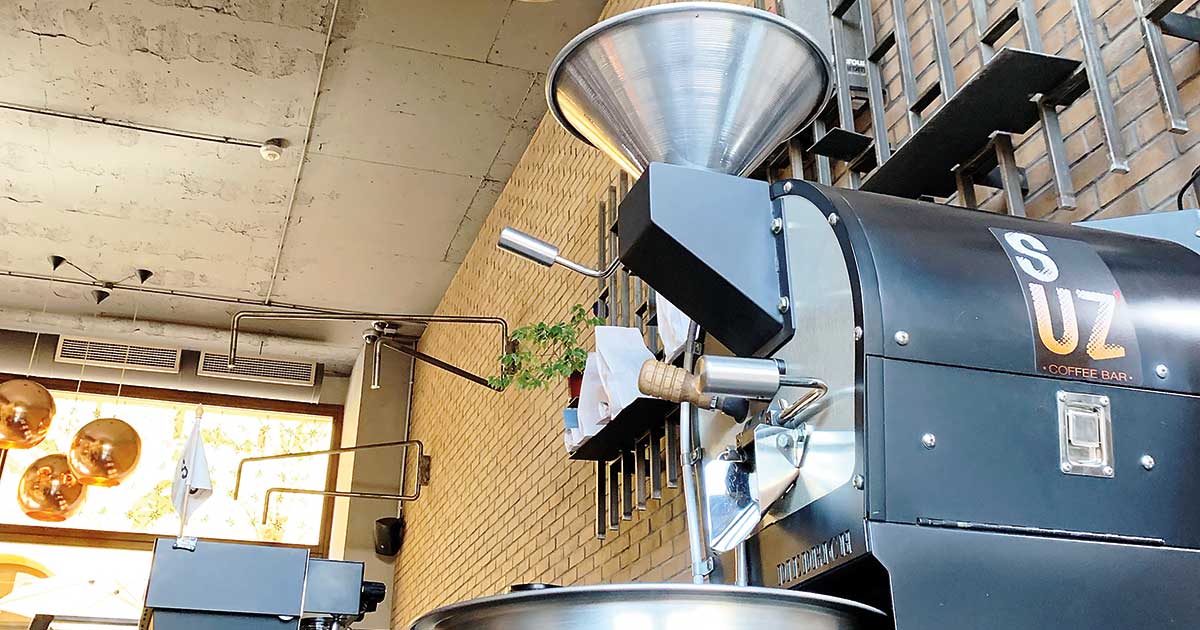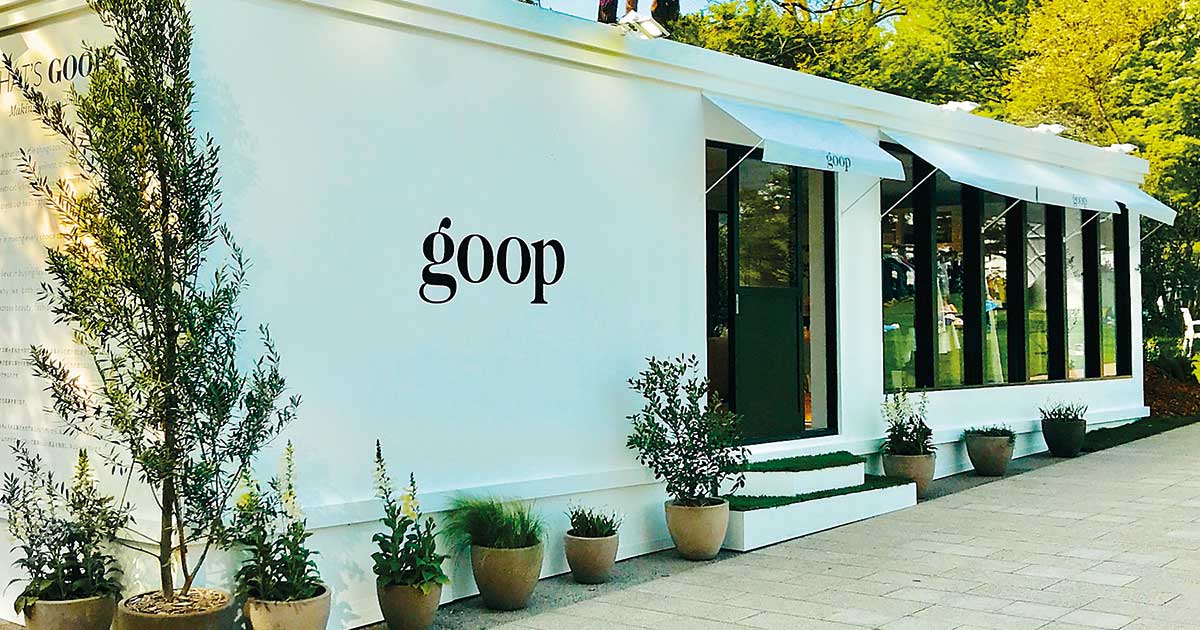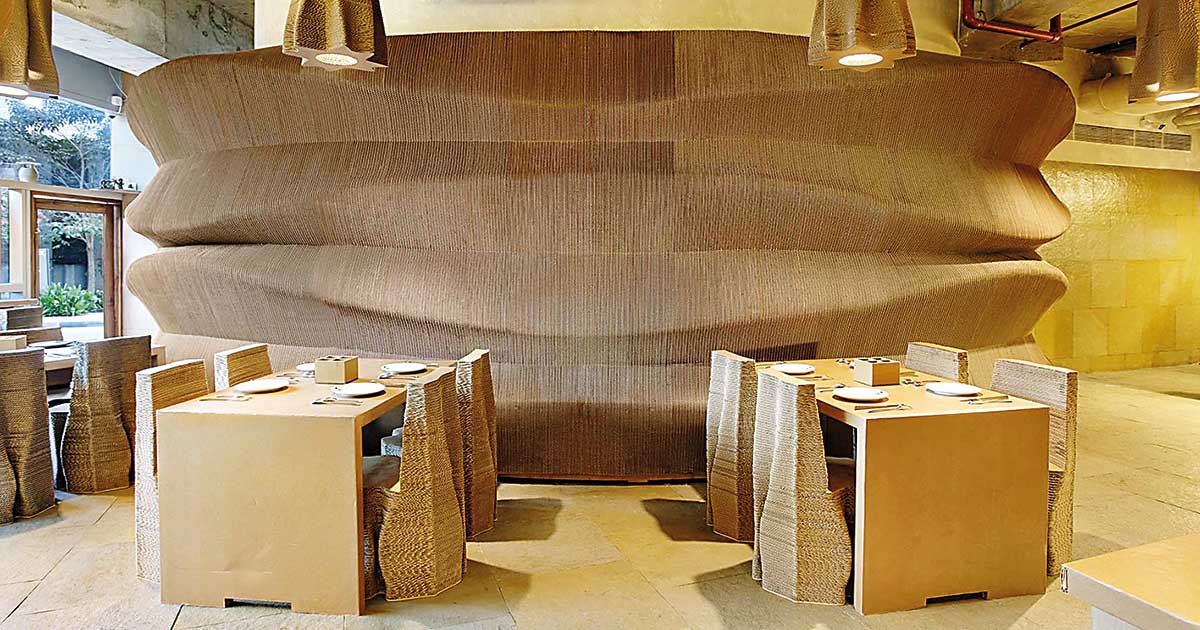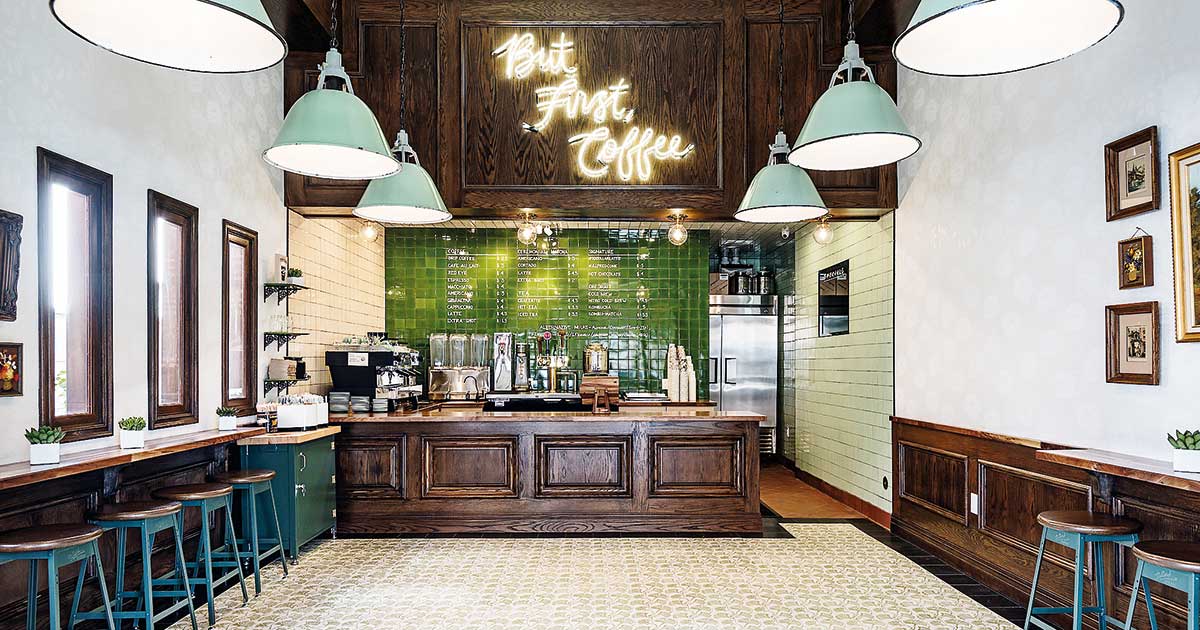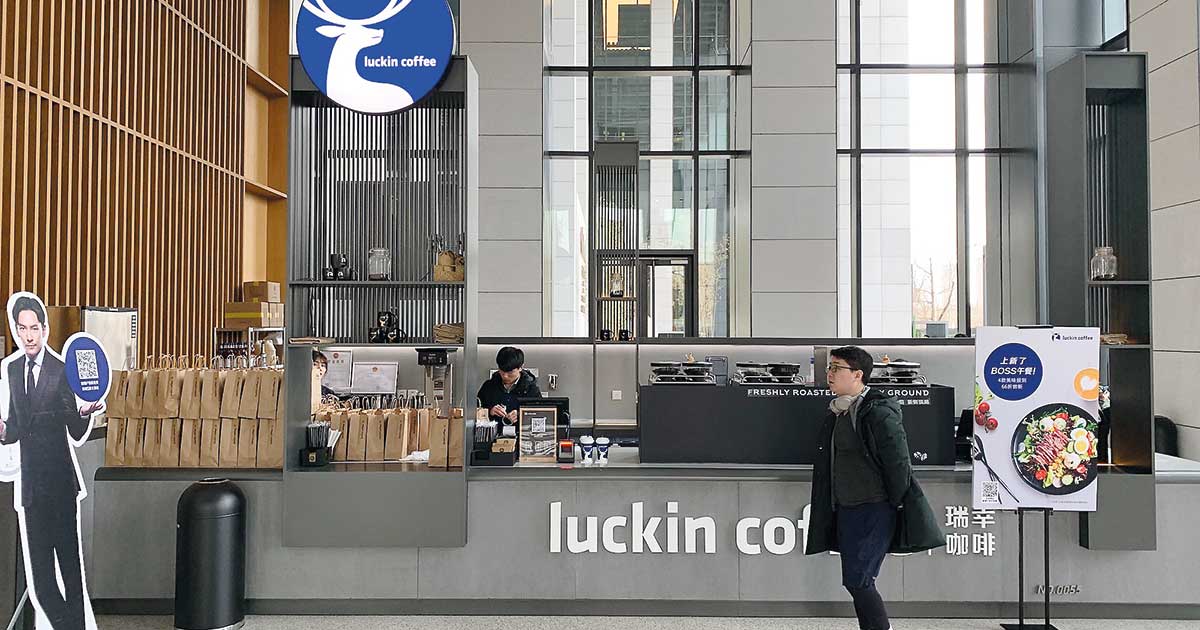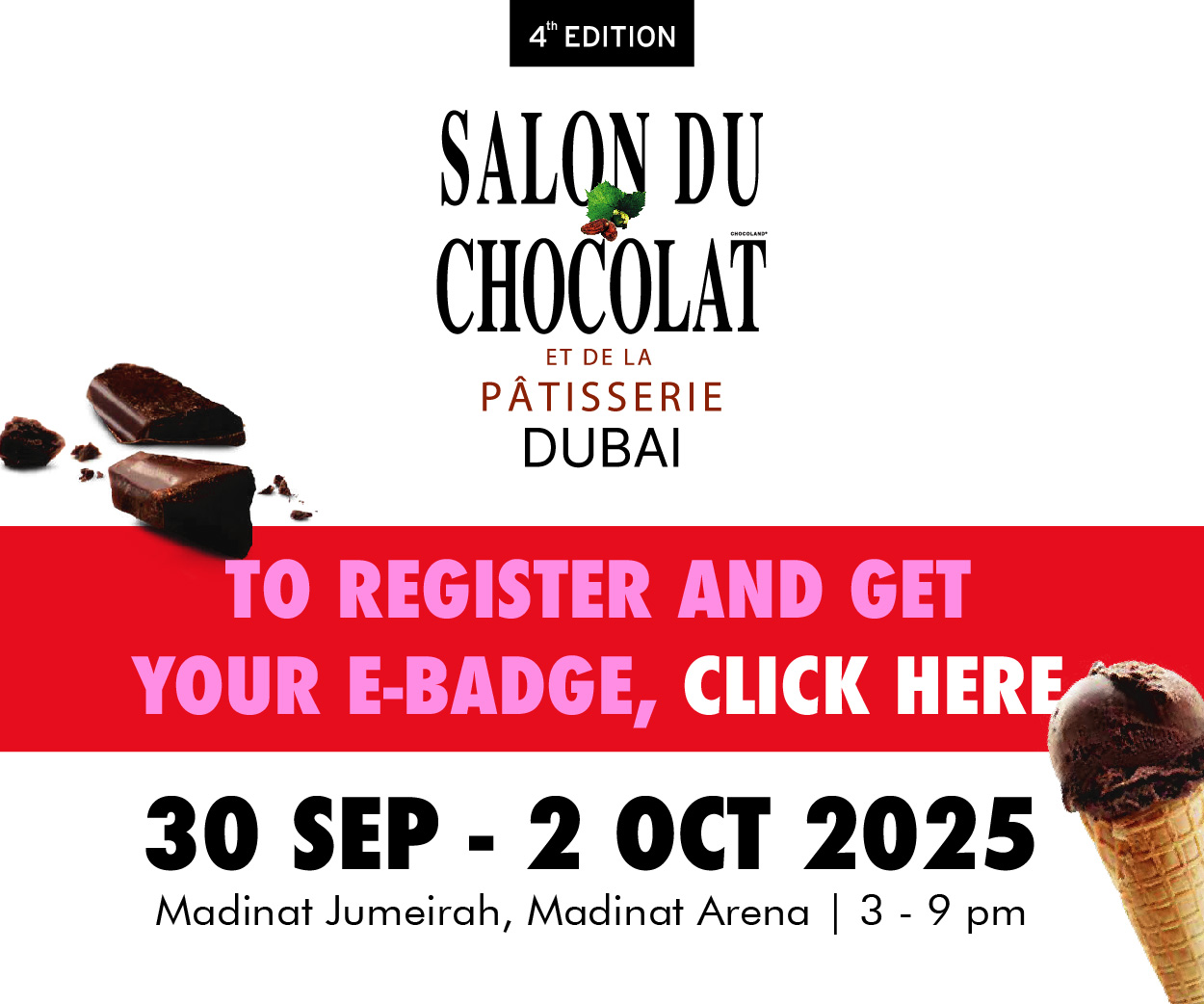

According to Allegra’s World Coffee Portal, the only specialist information platform built for senior coffee industry leaders, the world entered the 5th Wave a few years back. This, saw greater influence exercised by high quality boutique chains adopting a more advanced set of business practices and delivering well-crafted artisan concepts at scale.
Key factors specific to this era is hyper-professionalism, operational excellence, investment in technology/training and people development programs, ultimately supporting a new breed of hospitality professionals. Concurrently, brands will deliver authentic and principled concepts that deeply connect with savvy and technically engaged millennial audiences and tomorrow’s Gen Z. As a result, some brands are entering and partnering with other industries that identify with today’s need to heighten their clients’ experiences to maintain a competitive advantage. These are no longer limited to restaurants and hotels, but also include retail fitness and technology sectors.
READ IN THIS REPORT
The waves of coffee
5th wave smart café concepts
Saluting the caffeine fix
What’s brewing?
Counter intelligence
THE WAVES OF COFFEE
Anthony Bedoyan, GM, La Marquise International and SCA UAE board member highlighted the fact that the past year saw some market players instituting major changes to their growth strategies. “Commercial coffee (branded) and the specialty coffee (single origin) outlets now offer consumers the history, characteristics and flavor that make their choice of coffee a more relevant one. Furthermore, an increasing number of experienced baristas are coming up with new methods to present the coffee using different techniques such as cold brew, syphons, Nitro… These methods bring out different tastes from the very same coffee depending on the brewing system used.”
The excitement however does not stop there, especially when it comes to pairing coffee with an alcohol-based drink and for good reason. Bedoyan explains, “Nowadays, specialty coffee is used more frequently when pairing with alcohol, because coffee can enhance the same alcohol base. For example, Frangelico, a brand of hazelnut-and-herb liqueur produced in Italy, has a mellow but decidedly nutty flavor. When mixed with coffee, the flavors of hazelnut and vanilla come out. In such instances, the bartender/barista’s knowledge is very important in successfully creating such pairings.”
With the mushrooming of specialty coffee shops and roasters, Bedoyan expects to see more coffee-educated baristas and bartenders emerging driven by the need to follow the dominant specialty coffee trends. “However,” he cautioned, “brands that refrained from adopting this trend have witnessed a drop in their commercial coffee sales. To counteract that reality, some of the industry’s big names eventually introduced a new line of specialty coffee to their range in hope of remaining relevant.”
Sharing her take on Lebanon’s coffee shop market, Suzan Hallal, the founder of Suz’, a bustling and quirky coffee bar tucked away in a surprisingly charming alley off Beirut Souks, explained that “Lebanon’s coffee culture is changing. Over the past six years we have seen signs of specialty coffee spreading throughout the capital. This resulted in new kinds of coffee, alternative brewing methods and new roasters offering single origins.”
When asked what kind of coffee the Lebanese general public is mostly interested in, she replied, “As more coffee business owners, baristas and roasters work hard to create excitement over specialty coffee, there is a shift in perception about what good coffee means. Consumers are more curious about brew methods as well as single origins.”
In relation to the increasingly competitive landscape of the coffee industry, introducing a new product to customers is hard in any business. “It’s even more challenging in a market where big brands may dictate the taste and price of the product,” she said. “More specifically, some of the challenges that specialty coffee shop owners face include the habitual palate and the sugar adding issue, which masks the flavors making it harder to appreciate the complex fruity notes of a single origin. In that respect, more work needs to be done to spread the knowledge about specialty coffee among consumers. At SUZ’ coffee bar, we like to share our knowledge of coffee with our consumers. We often engage in long conversations about coffee, a lot of sensory talks and tests and some cupping of origins with those who are interested in learning more. We would like to hold in the future regular cupping and other sensory activities.”
Prompted to share her take on whether or not there exists an optimal type of roast, she clarified, “There is an ideal profile for each coffee (origin) regardless of brewing method. In other words, so long as the coffee is roasted properly, it will play well across a variety of brewing methods. However, no amount of brewing can salvage a poorly-roasted coffee. Similarly, no roast profile can salvage a poor-quality bean, which is why we always need to start with a great bean. Roasters use profile modulation to highlight particular coffee characteristics. At SUZ’, we experiment with different profiles for each coffee to uncover the different characteristics then choose the profile that best balances the different brewing methods.”
For certified coffee roaster Khalid Malallah, the key to success lies in developing unique menu items, which saw him co-founding one of Kuwait’s first specialty coffee bars called Kôfē. Commenting on the added value the brand offers the country’s youngest consumers, he said, “The younger generation is very attracted to new ideas and experiences. They are also influenced by the latest global trends, which is why creativity in Kuwait’s F&B sector, especially coffee shops, is at an all-time high. At the moment, cold drinks dominate the coffee segment with the younger generation leaning more toward light to medium coffee tastes that are milky with a hint of sweet. However, consumers 30 years and older prefer darker more bitter roasts.”
Another factor all coffee shops are taking into consideration to increase sales and get the conversation going, is visual appeal. Elaborating, Malallah said, “We try to focus on the total experience that surrounds the items photographed, which is critical, given that today, the experience is no longer limited to the coffee drink itself, rather the feeling and message that you want to convey to the consumers.”
As for roasting profile, he explained that each coffee should be treated differently since it’s not only the taste of the bean that will vary, but also its behavior inside the roasting drum. Some beans with high moisture content and bigger in size will be more heat resistant, making them good candidates for darker profiles. In contrast, lighter beans are sensitive to heat and should therefore be treated with more care.
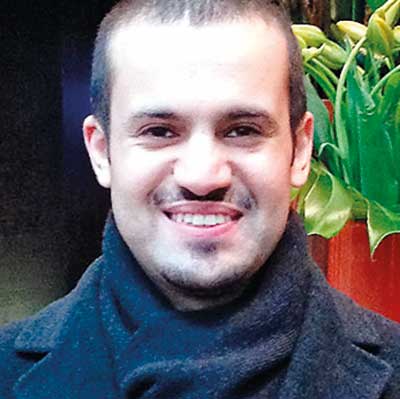
Certified Coffee Roaster & Co-founder
Kôfē
OMNI METHOD DEFINED
Omni roasting embraces the idea that any coffee can be brewed using any method. So long as the coffee was roasted well, it will play well across a variety of brew methods – be it press, filter, espresso or even cold brew. That doesn’t mean that every coffee will taste the same in every brew method, of course, or even that every coffee will suit every brew method. A French press will highlight a coffee’s body and perhaps its dark fruit notes. An espresso will highlight acidity and, if they are present, citrus notes. If a coffee is roasted this way you can brew it in many ways, espresso and filter style.
Joseph Khoury AST certified beverage innovation manager for Levant and Africa at Monin revealed that when it comes to the Next Big Trend, “The quality, flavor and aroma of the coffee requested will be indicative of what in the near future will be in demand. People are increasingly aware of what they’re drinking as they’re looking to have better quality that is also a healthier option. This is especially evident, given that Lebanon only had one or two specialty coffee shops some three years ago, a number, which has grown significantly since then.”
Other challenges, when it comes to breaking into the small coffee market, include choosing a strategic store location, which Khoury said, “… is a fairly effective tool that plays a major role in the future success of a brand be it a local or foreign one. This is also tied to a host of potential followers who spend time in that area. After all, a key to the success of a brand is dominating a certain demographic. Furthermore, improving the quality of the offering and providing a diversified menu that changes with the time/season and customers’ taste is a major consideration. Combined, these elements will ensure that the proposition made provides an all-day, unique customer experience.”
A major turnaround aimed at maintaining market share has seen already established local coffee roasters\importers hiring coffee specialists or quality control managers to keep up with those standards: something previously unheard of. “Time has proven that all industry players will either need to seriously revise their strategies, else risk losing lucrative business opportunities,” Khoury warned. “Competition has grown to such an alarming degree that even financially solid international coffee chains are introducing specialty coffee to their menu as well as different brewing techniques.”
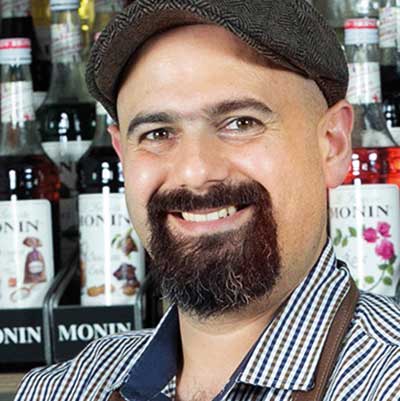
AST Certified Beverage Innovation
Manager for Levant and Africa
Monin
Adib Maksoud, business development manager for Monin highlighted the fact that despite the mushrooming of specialty stores, “Knowledge of coffee in Lebanon still has a long way to go and one hurdle to entry is the focus of most F&B outlets on price point. One way to overcome this is by introducing new coffee concepts based on quality and added customer value, as well as a rich coffee menu. That approach, however, will not guarantee the desired outcome if not coupled with a very clear marketing strategy. This should be at the heart of any business or product.” As for what brands could focus on in the coming year to capitalize on the unrelenting coffee trend, surprisingly Maksoud said, “In an attempt to further promote their coffee by extending their reach, big brands are introducing a new wave of vending machines.”
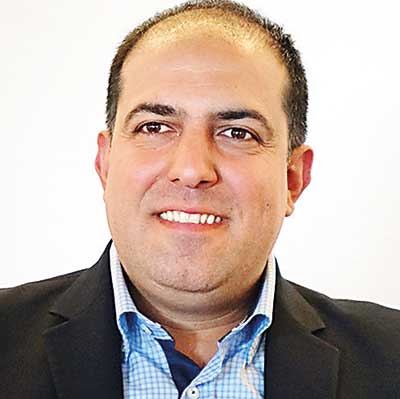
Business Development Manager
Levant & Africa
Monin
Maroun Tawk, training manager at Automatic Brewers (Barista) attempting to unravel the big question of what roast to use explained that, “Roasting coffee is a very complicated process with a lot of variables and different points of view for coffee roast masters. While omni roast is trying to drive the new era, many professionals remain skeptical that each coffee method has one ideal roast profile. On the other hand, using an omni roast would work well for filtered coffee and espressos. However, the biggest challenge is in finding the right balance between a light and dark roast while uncovering the hidden aroma and flavor locked inside every type of bean.”
To further ensure an unforgettable experience, vendors are working hard to pair their coffees with tableware that accentuates and also appeals to consumers who may or may not be fully knowledgeable about coffee, but crave a visual experience. “Of course, the cup or glass shape, size and color could affect the customer’s coffee taste expectations and drinking experience,” Tawk said. “Many argue that a certain size and shape must be used for certain recipes to achieve a better visual experience, yet more often than not, it all comes down to personal preference and concept influence. Not only that, but baristas should take into consideration the different liquid densities when employing drinks with numerous layers.”

Training Manager
Automatic Brewers (Barista)
SPECIALTY COFFEE ROASTERS
JORDAN
| Bunni Coffee Roasters | bunni.coffee |
| Dimitri’s Coffee | dimitriscoffee.com |
| Kava Roasters | kavaroasters.com |
KSA
| Alchemy Coffee Roasters | @alchemyksa |
| Artist Hub Coffee Roasters | artist-hub.myshopify.com |
| Brew92cafe | @brew92cafe |
| Camel Step Coffee Roaster | camelstep.com |
| The Roasting House | roastinghouse.sa |
| Three Seeds Coffee Roasters | 3seedscoffee.com |
| Varietal Specialty Coffee | https://www.varietalcafe.com/ |
KUWAIT
| Jumo Coffee Roasters | jumocoffee.com |
| Earth Roastery | earthroastery.com |
| VOL.1 Specialty Coffee Bar x Roast Lab | @Vol1Kuwait |
LEBANON
| Café Younes | cafeyounes.com |
| Kalei Coffee Co | kaleicoffee.com |
| La Maison Du Café | cafenajjar.com |
| Senso Coffee Roasters | @sensocoffee1 |
| Latte Art | LatteArtLebanon |
| Suz’ | suz-coffee-bar.business.site |
| Newtown Specialty Coffee Roasters | @newtownlb |
UAE
| Emirati Coffee | @emiraticoffee |
| Encounter Coffee | encountercoffeeroasters.com |
| Raw Coffee Company | rawcoffeecompany.com |
| Seven Fortunes | sevenfortunes.com |
| Specialty Batch | specialtybatch.com |
| Stomping Grounds | @stompinggroundsdxb |
5TH WAVE SMART CAFÉ CONCEPTS
Today’s 5th Wave businesses create and consistently deliver highly engaging and aspirational experiences to clearly defined customer target audiences. These forward-thinking businesses are highly commercial and possess the mindset to constantly strive toward excellence, meticulously engineering and refining every process. Here are our favorites:
GOOP
Gwyneth Paltrow’s lifestyle brand Goop frequently features products from around the world and the latest Goop pop-up was in Tokyo, Japan. The limited-edition pop-up is a store and cafe concept. Since it was designed as a ‘livable, shoppable experience’, there is also an on-site cafe, inspired by Paltrow’s own love of Japanese cuisine. This includes healthy dishes such as vegan miso kale salad, corn soup with coconut milk and avocado chocolate mousse.
goop.com
CARDBOARD
Indian architecture studio Nudes designed the ‘Cardboard’ café in Mumbai with an unconventional yet eco-friendly material. While the core, shell and service components of the cafe are constructed from other materials for the sake of structural integrity and function, the remainder of the café, from its seats to the sculptural walls, is entirely shaped by cardboard. This café was created to show how durable and versatile cardboard can be as a biodegradable material.
@cardboardbombay
ALFRED
When it opened in 2013, Alfred was the pit stop for those seeking a cup of coffee during their Melrose Place retail therapy – fashion bloggers like Chiara Ferragni, sprinkled their social media snaps with Alfred’s signature #butfirstcoffee sleeves. Ferragni was one of the first influencers to tag Alfred and wasn’t paid a cent nor comped a single latte to do it. An ongoing series of collaborations with cult-cool LA labels, have furthered Alfred’s fashion credits.
alfred.la
LUCKIN COFFEE
Figures from the International Coffee Organization indicate that coffee consumption in China is set to grow at an annual rate of between 15 and 20 percent, and expected to double by 2022. Taking the opposite approach of Starbucks’ high-end strategy, Luckin offers a cashier-less environment and competes predominantly on speed and low prices. Luckin has also embraced digital commerce, with an online customer experience consisting almost exclusively of in-app purchase and delivery.
luckincoffee.com







